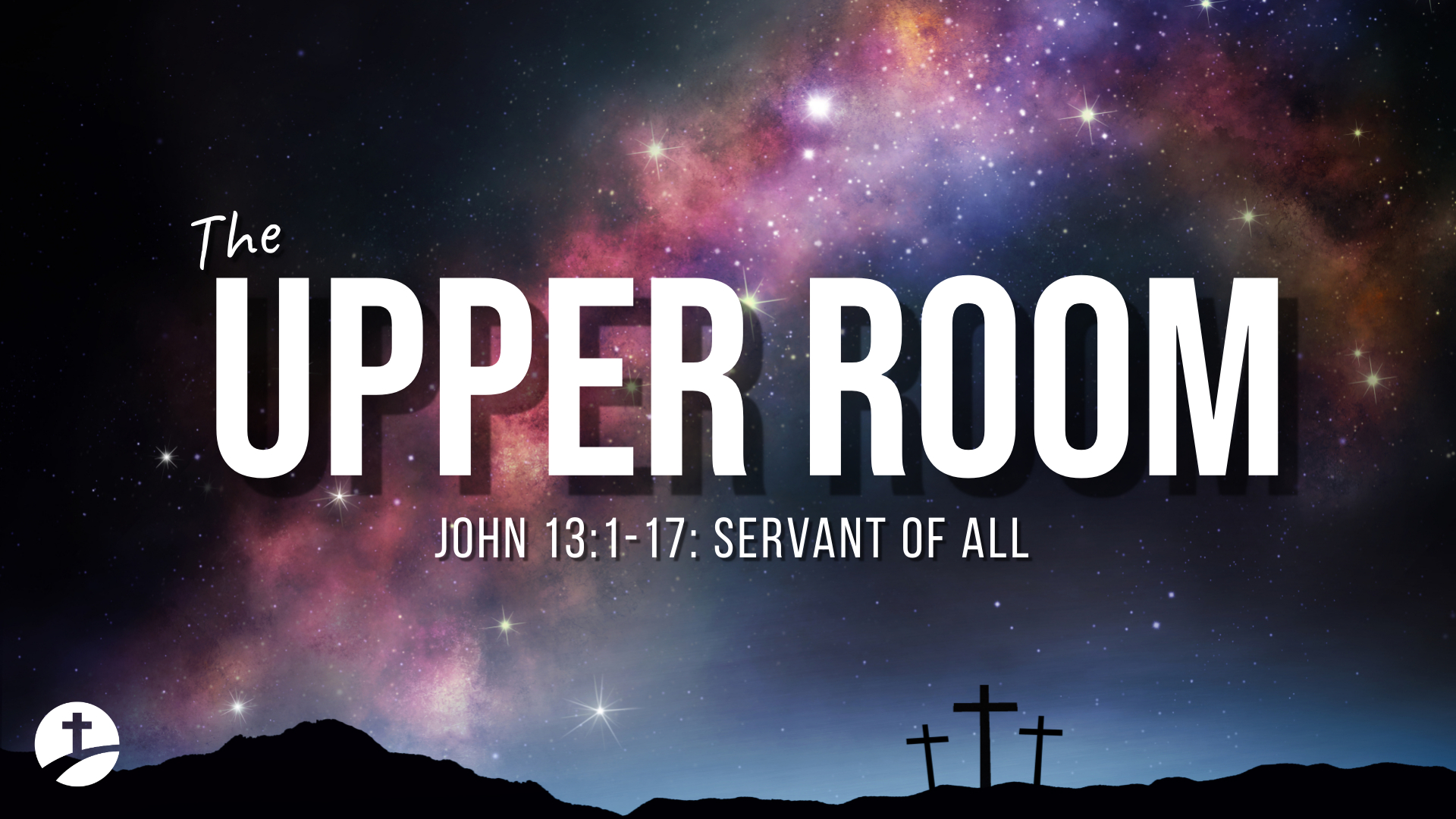13 It was just before the Passover Festival. Jesus knew that the hour had come for him to leave this world and go to the Father. Having loved his own who were in the world, he loved them to the end.
2 The evening meal was in progress, and the devil had already prompted Judas, the son of Simon Iscariot, to betray Jesus. 3 Jesus knew that the Father had put all things under his power, and that he had come from God and was returning to God; 4 so he got up from the meal, took off his outer clothing, and wrapped a towel around his waist. 5 After that, he poured water into a basin and began to wash his disciples’ feet, drying them with the towel that was wrapped around him.
6 He came to Simon Peter, who said to him, “Lord, are you going to wash my feet?”
7 Jesus replied, “You do not realize now what I am doing, but later you will understand.”
8 “No,” said Peter, “you shall never wash my feet.”
Jesus answered, “Unless I wash you, you have no part with me.”
9 “Then, Lord,” Simon Peter replied, “not just my feet but my hands and my head as well!”
10 Jesus answered, “Those who have had a bath need only to wash their feet; their whole body is clean. And you are clean, though not every one of you.” 11 For he knew who was going to betray him, and that was why he said not every one was clean.
12 When he had finished washing their feet, he put on his clothes and returned to his place. “Do you understand what I have done for you?” he asked them. 13 “You call me ‘Teacher’ and ‘Lord,’ and rightly so, for that is what I am. 14 Now that I, your Lord and Teacher, have washed your feet, you also should wash one another’s feet. 15 I have set you an example that you should do as I have done for you. 16 Very truly I tell you, no servant is greater than his master, nor is a messenger greater than the one who sent him. 17 Now that you know these things, you will be blessed if you do them.
EXEGESIS
- The hour had come (v. 1a): The night of Jesus’ betrayal, within hours of His death on the cross- the fulfillment of numerous prophecies and the centerpiece of human history (Isaiah 52:13-53:12; Galatians 4:4).
- He loved them to the end (v. 1b): Jesus loved His disciples in a special way. Although His heart longed for the whole of lost humanity, He could only invest Himself into twelve men, whom He loved and considered His closest friends (Matthew 9:35-36; Matthew 13:10-11; John 15:13). By the abiding presence of the Holy Spirit, Jesus maintains the same love and intimacy with all of His disciples (John 14:15-21).
- The devil had already prompted Judas (v. 2): Judas was already given to greed and the love of money, giving a foothold to satan who soon have him completely (John 12:4-6; 1 Timothy 6:9-10).
- Jesus knew (v. 3): This is a statement of Jesus’ deity and pre-incarnate existence (John 17:1-3). The hour has come for His sufferings, but He looked beyond to the restoration of full fellowship with the Father.
- He… began to wash his disciples’ feet (vv. 4-5): Jesus, the Lord and Teacher, did the dirty work of a slave, which none of His disciples thought to do or were otherwise to do (Luke 22:24-30).
- Unless I wash you, you have no part with me (vv. 6-11): Jesus uses the washing of feet as a spiritual metaphor for the spiritual cleansing we need, which He graciously provides.
- You also should wash one another’s feet (vv. 12-17): Washing feet may not always be the most practical expression of Christian love and service, but it provides us an example to love and serve one another, and that no one is above doing the hard work of loving others (Philippians 2:1-11).
APPLICATION
- Jesus humbly loves and serves us
- We should humbly love and serve one another
We should love Christians the way Christ loves Christians!
